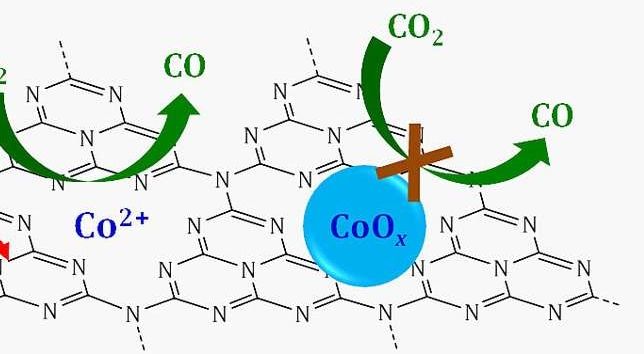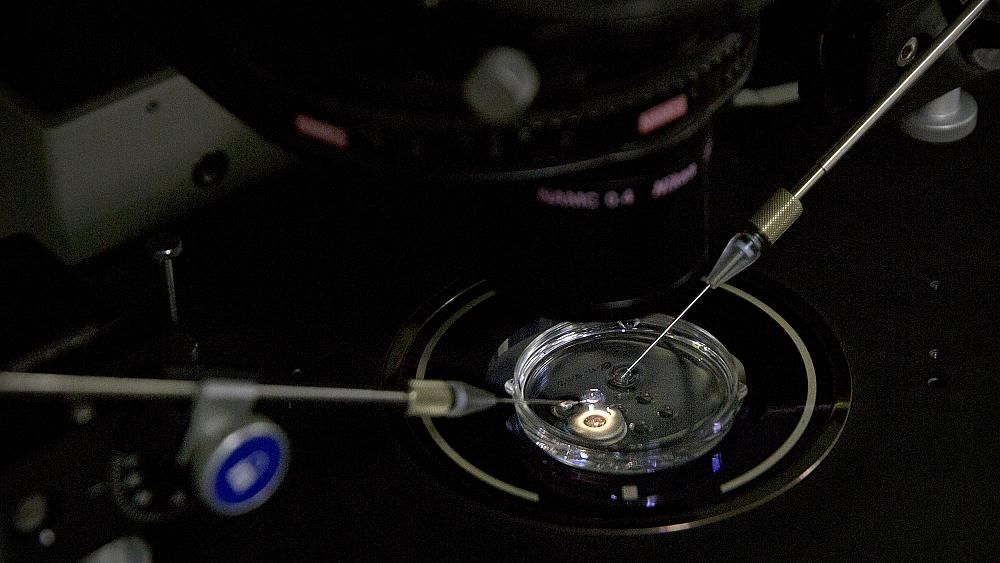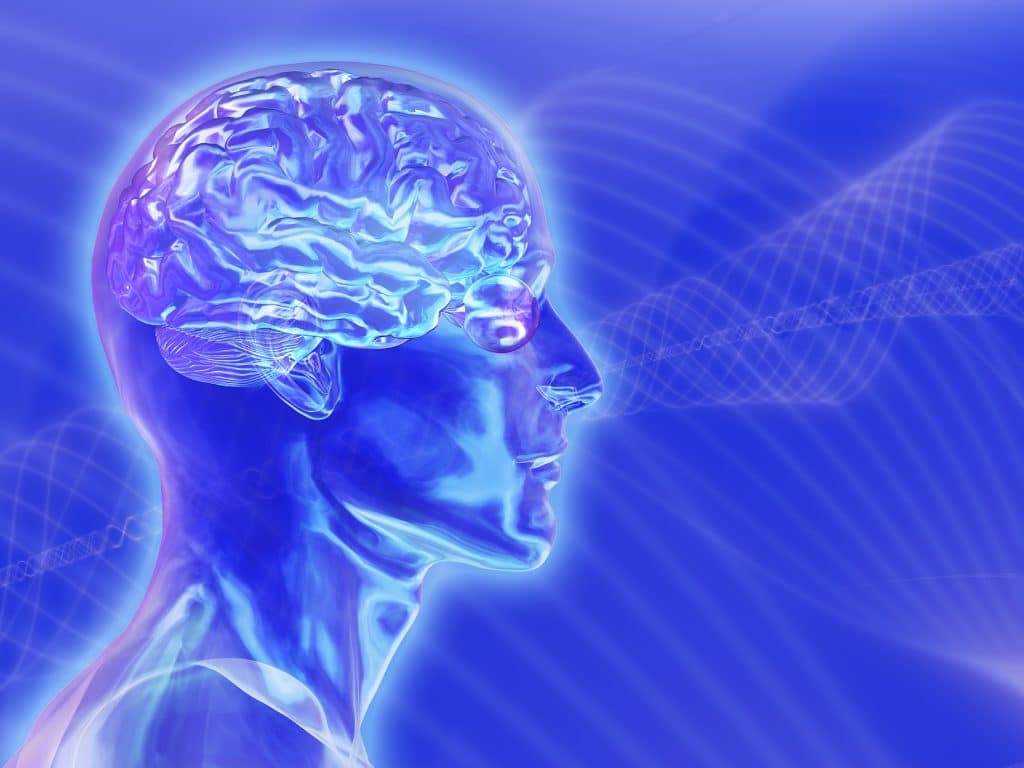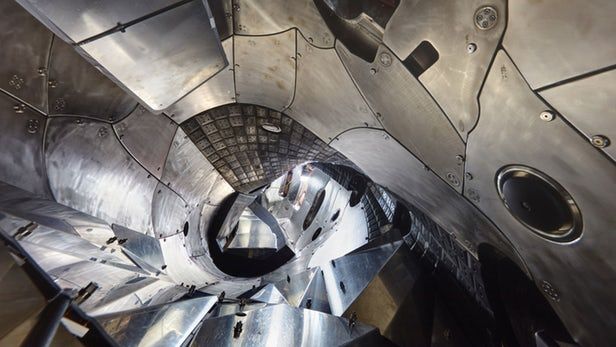Page 9671
Nov 27, 2018
Volvo’s Self-driving Trucks Are Ready to Start Work at a Mine in Norway
Posted by Genevieve Klien in categories: robotics/AI, transportation

Volvo is about to launch its first-ever commercial operation using its driverless truck technology. A deal with a Norwegian mining firm will see six of its autonomous vehicles carry limestone between the mine and a port in an operation aimed at boosting productivity and reliability, as well as safety.
Nov 27, 2018
Light-activated, single-ion catalyst breaks down carbon dioxide
Posted by Genevieve Klien in category: energy
A team of scientists has discovered a single-site, visible-light-activated catalyst that converts carbon dioxide (CO2) into “building block” molecules that could be used for creating useful chemicals. The discovery opens the possibility of using sunlight to turn a greenhouse gas into hydrocarbon fuels.
Nov 27, 2018
Opinion: Some months ago, I introduced the idea of quantum computing in this column
Posted by Genevieve Klien in categories: quantum physics, robotics/AI, transportation
All of today’s computing takes its root from the world of “bits”, where a transistor bit, which lies at the heart of any computing chip, can only be in one of two electrical states: on or off. When on, the bit takes on a value of “1” and when off, it takes on a value of “0”, constraining the bit to only one of two (binary) values. All tasks performed by a computer-like device, whether a simple calculator or a sophisticated computer, are constrained by this binary rule.
Eight bits make up what is called a “byte”. Today, our computing is based on increasing the number of bytes into kilobytes, megabytes, gigabytes and so on. All computing advances we have had thus far, including artificially intelligent programmes, and driverless cars are ultimately reduced to the binary world of the bit.
This is a natural extension of western thought; for centuries, western philosophy has followed the principles of Aristotelian logic, which is based on the law of identity (A is A), the law of contradiction (A is not non-A), and the law of the excluded middle (A cannot be both A and non-A at the same time, just as non-A cannot be both non-A and A at the same time).
Nov 27, 2018
Why suicide is falling around the world, and how to bring it down more
Posted by Derick Lee in categories: biotech/medical, health
For a few people—those who are terminally ill, in severe pain and determined to die—suicide may be the least terrible option. In such circumstances, and with firm safeguards, doctors should be allowed to assist. But many of the 800,000 people who kill themselves each year act in haste, and more could be saved with better health services, labour-market policies and curbs on booze, guns, pesticide and pills. America, in particular, could spare much pain by learning from the progress elsewhere.
Urbanisation, fewer forced marriages and more curbs on the means of self-destruction.

Continue reading “Why suicide is falling around the world, and how to bring it down more” »
Nov 27, 2018
Chinese scientist angers just about everyone with gene-editing claims
Posted by Genevieve Klien in categories: bioengineering, biotech/medical, genetics
Nov 27, 2018
Sluggish Brain Waves May Be Early Sign of Dementia
Posted by Genevieve Klien in categories: biotech/medical, neuroscience
Tracking brain wave activity in individuals at high risk for Alzheimer’s disease may be a promising new method for early detection, according to a new Canadian study by researchers at Baycrest Centre for Geriatric Care in Toronto, Ontario.
This is possible because brain waves tend to slow down in certain regions likely to be affected by the disease next, even before neurons have been lost.
The findings, published online in the journal Human Brain Mapping, show that individuals potentially in the early stages of Alzheimer’s disease (mild cognitive impairment) and those with a rare form of language dementia (primary progressive aphasia) exhibited sluggish brainwaves and subtle signs of damage in the brain regions responsible for memory and planning.
Continue reading “Sluggish Brain Waves May Be Early Sign of Dementia” »
Nov 27, 2018
Elon Musk says there’s a 70% chance he’s going to move to Mars
Posted by Genevieve Klien in categories: climatology, Elon Musk, engineering, habitats, space travel

Elon Musk wants humans to make it to Mars. With his company SpaceX at his back, he’s pushed forward with some incredibly bold claims about what is possible for mankind on the Red Planet. He’s shown off concepts for Mars settlements and even called out scientists who say climate engineering on the planet is impossible.
Now, in an interview with HBO’s Axios, Musk doubles down on one of the more off-the-wall claims he’s made during his years in the spotlight. Mars, he says, will be his eventual home, and he estimates his odds of moving to the planet at a generous 70%.
Nov 26, 2018
Wendelstein 7-X fusion reactor keeps its cool en route to record-breaking results
Posted by Genevieve Klien in category: nuclear energy
Scientists toiling away on the cutting edge Wendelstein 7-X nuclear fusion reactor in Germany have pulled together results from their latest round of testing, with a few records to be found amongst them. Following a series of upgrades, the team is reporting the experimental device has achieved its highest energy density and the longest plasma discharge times for device of this type, marking another step forward in the quest for clean fusion power.














